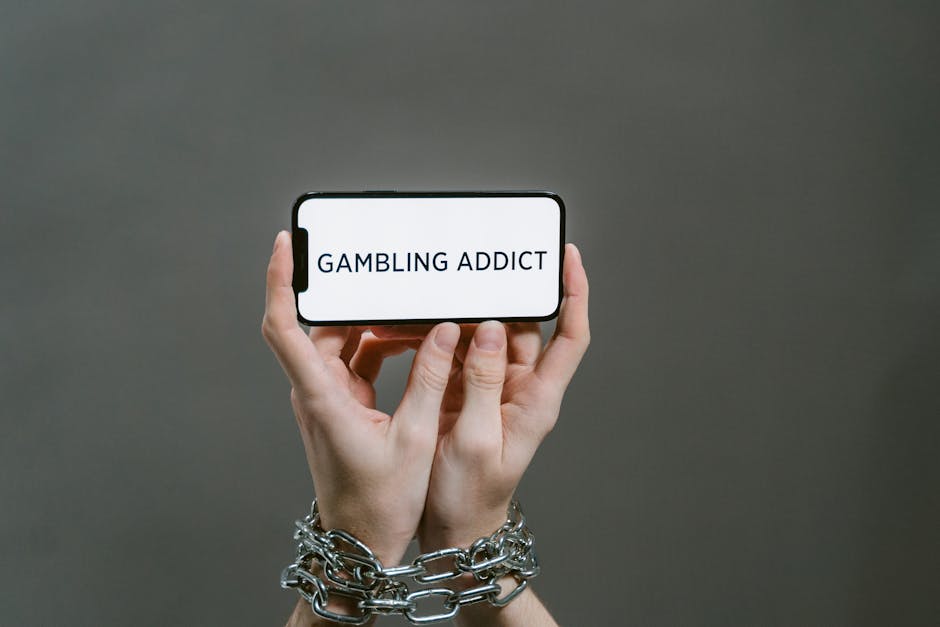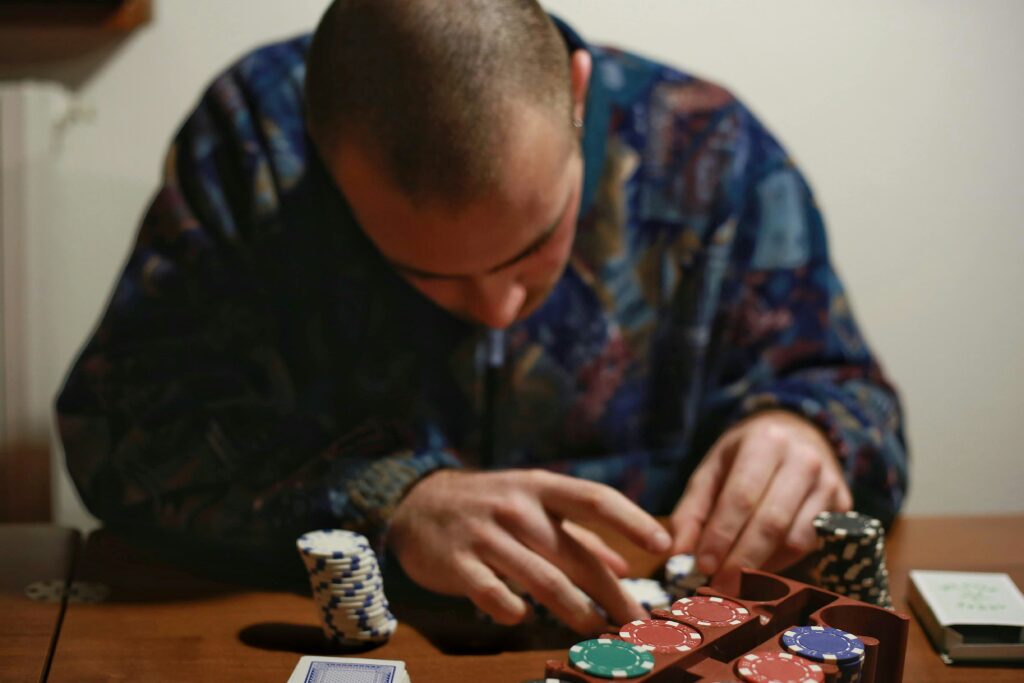As someone who has delved into the intricate web of mental health and its various triggers, I’ve come to understand the profound impact that gambling addiction can have on one’s well-being. The allure of the game, the rush of risk, and the hope of a big win can quickly spiral into a consuming habit that takes a toll on mental health.
In my exploration of this topic, I’ve witnessed firsthand the devastating effects of gambling addiction on individuals and their loved ones. The constant cycle of highs and lows, the financial strain, and the emotional turmoil can lead to anxiety, depression, and even thoughts of suicide. It’s crucial to shed light on this often overlooked issue and delve deeper into how we can support those struggling with gambling addiction and its repercussions on mental health.
The Extent of Gambling Addiction
Gambling addiction is a widespread issue that can have severe consequences on individuals’ mental health. Understanding the depth of this problem is crucial in addressing its impact. Here, I’ll delve into the prevalence of gambling addiction globally and shed light on the scope of this concerning issue.
Understanding Gambling Addiction
Gambling addiction, also known as pathological gambling or compulsive gambling, is a behavioral disorder characterized by the inability to resist the urge to gamble despite negative consequences. Individuals with gambling addiction may experience intense cravings to gamble, disruptions in social and occupational functioning, and escalating financial problems. The compulsion to gamble can lead to a cycle of addictive behavior that is challenging to break without intervention.
Prevalence of Gambling Addiction Globally
The prevalence of gambling addiction varies worldwide, with different regions facing unique challenges related to excessive gambling behavior. According to the World Health Organization (WHO), approximately 1% of the global population struggles with gambling addiction. However, the rates can be higher in certain countries where gambling is culturally ingrained or easily accessible.
In the United States alone, it is estimated that around 2-3% of the population may have a gambling disorder. The widespread availability of casinos, online gambling platforms, and sports betting opportunities contributes to the increasing prevalence of gambling addiction in the country.
Understanding the global scope of gambling addiction highlights the urgent need for awareness, prevention, and treatment strategies to mitigate its impact on individuals’ mental health and well-being.
Effects of Gambling Addiction on Mental Health
As someone who has delved into the consequences of gambling addiction on mental health, I’ve witnessed the devastating effects it can have on individuals and their loved ones.
Anxiety and Depression
Experiencing persistent anxiety and overwhelming feelings of depression is a common occurrence among individuals grappling with gambling addiction. The constant stress of financial losses, the fear of exposure, and the guilt associated with their habit can exacerbate these mental health issues.
Substance Abuse and Gambling
In my exploration of the correlation between substance abuse and gambling addiction, I’ve found that individuals struggling with gambling problems often turn to substances as a coping mechanism. The cycle of addiction can lead to a dangerous combination of gambling and substance abuse, further deteriorating their mental and emotional well-being.
Economic Consequences Linked to Gambling Addiction

Gambling addiction not only affects mental health but also leads to severe economic repercussions, exacerbating the challenges individuals face.
- Financial Stress and Its Mental Health Implications
Gambling addiction often results in significant financial strain as individuals struggle to fund their habit, leading to mounting debts, bankruptcy, and a loss of assets. This financial burden intensifies stress levels, contributing to heightened anxiety, depression, and a sense of hopelessness. The cyclical nature of financial distress and mental health issues underscores the urgent need for intervention and support mechanisms to break this detrimental cycle. - Impact on Employment and Productivity
Individuals grappling with gambling addiction frequently experience challenges in maintaining employment due to absenteeism, decreased focus, and a decline in productivity. The preoccupation with gambling activities can lead to job loss, further perpetuating financial instability and mental health deterioration. Addressing the impact of gambling addiction on employment is crucial in safeguarding individuals’ financial well-being and overall mental health.
Treatment and Management Strategies
In addressing gambling addiction and its impact on mental health, various treatment and management strategies play a crucial role. Let’s explore the therapeutic and supportive avenues that can assist individuals struggling with gambling addiction.
Therapy and Counseling Options
Therapy and counseling are integral components of treating gambling addiction. Cognitive-behavioral therapy (CBT) is commonly utilized to help individuals identify and modify unhealthy gambling behaviors. In CBT sessions, individuals learn to recognize triggers, develop coping mechanisms, and reframe their thoughts related to gambling. Additionally, therapy provides a safe space for individuals to process underlying emotional issues that may contribute to their addiction.
Role of Support Groups in Recovery
Support groups play a vital role in the recovery journey of individuals battling gambling addiction. Groups like Gamblers Anonymous offer a supportive environment where individuals can share their experiences, receive guidance, and find camaraderie with others facing similar challenges. The peer support and sense of community fostered in these groups can provide valuable encouragement and accountability for individuals striving to overcome their addiction.
Prevention Strategies
When considering prevention strategies for gambling addiction, it’s essential to focus on education and awareness programs, along with the implementation of regulations and policies to curb this issue effectively.
Education and Awareness Programs
In preventing gambling addiction, education and awareness programs play a pivotal role. These programs aim to educate individuals about the risks associated with excessive gambling and raise awareness about the signs of addiction. By disseminating information on problem gambling behaviors and their impact on mental health, these initiatives help individuals make informed decisions and seek help when needed.
Regulations and Policies to Curb Gambling Addiction
Regulations and policies are crucial in mitigating the prevalence of gambling addiction. Governments and regulatory bodies can enforce strict measures such as age restrictions, mandatory self-exclusion programs, and limiting access to gambling venues. By implementing policies that promote responsible gambling practices and provide support for individuals at risk of addiction, a comprehensive framework can be established to address and prevent the adverse effects of compulsive gambling.




